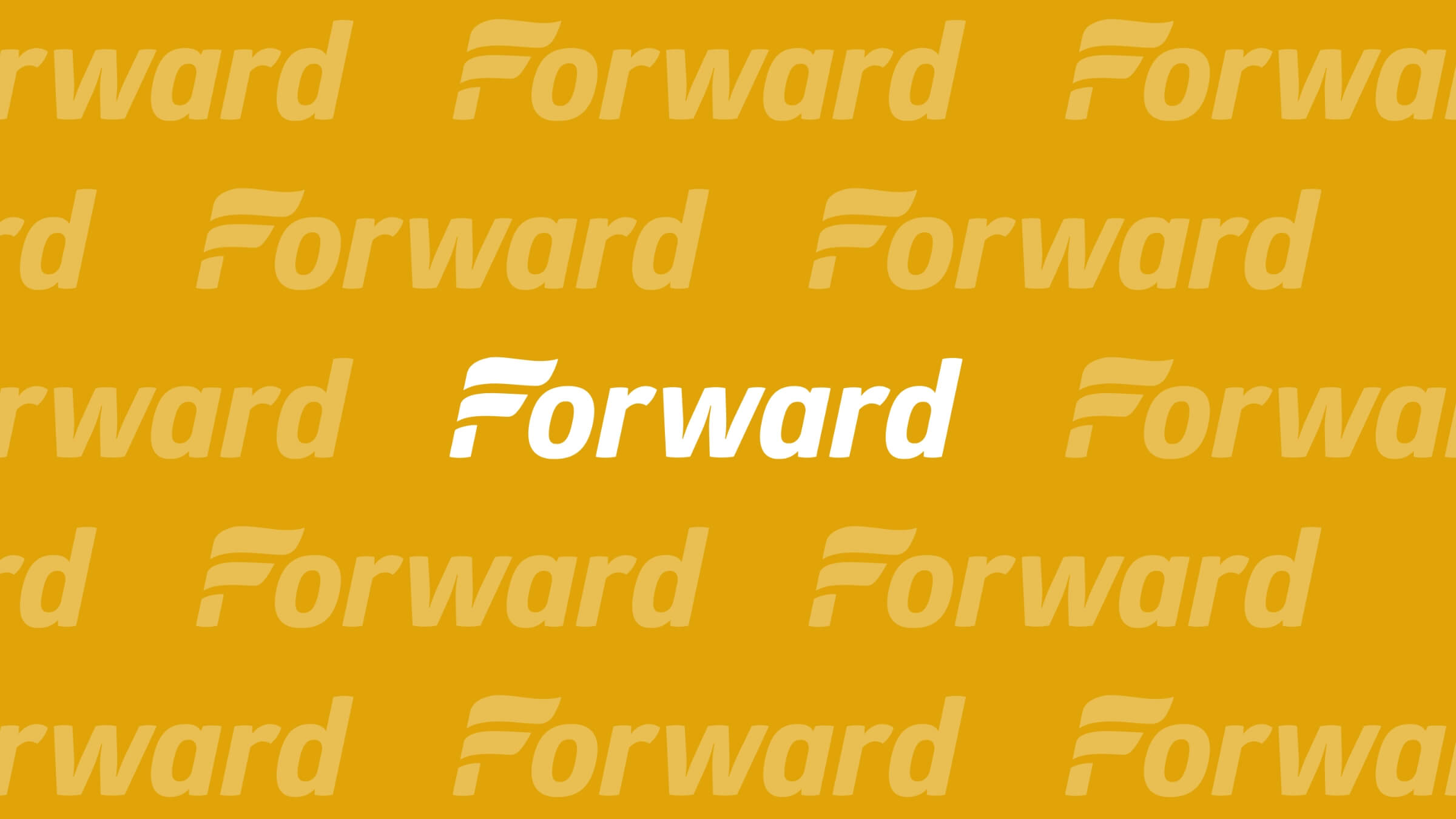At Hunter’s ‘Israelism’ screening, the rabbi was rude, not the audience
Professors say the administration and moderator made people feel censored

Graphic by Angelie Zaslavsky
Re “Rabbi invited to discuss controversial ‘Israelism’ film says he was ‘heckled, interrupted and yelled at’” by Beth Harpaz
To the editor:
We’re writing in response to the article about the screening of Israelism at Hunter College. While it does a good job of outlining the basic narrative of the screening’s scheduling, cancellation, and rescheduling, it focuses on the perspective of Rabbi Andy Bachman, who was invited to moderate a discussion after the screening, rather than those of faculty members and students who attended.
One of us, Tami Gold, a documentary filmmaker and professor in Hunter’s film and media studies department, had originally organized a screening for Nov. 14 that was to be co-sponsored by the Arabic studies program and include a Q&A with one of the filmmakers, Erin Axelman, and the primary subject of the film, Simone Zimmerman.
After Hamas’ horrendous Oct. 7 attack on Israel, the college’s interim president, Ann Kirschner, asked that the event be limited to members of the Hunter community out of concern for security. Professor Gold and the chair of the film and media department, Kelly Anderson, agreed. Then, on the day of the screening, President Kirschner canceled it. “We seek constructive dialogue that avoids targeting any students, faculty, or staff based on their identity: the essence of bigotry,” she said in a statement to the community. “In the current climate, we seek to balance our commitment to free speech and academic freedom with the danger of antisemitic and divisive rhetoric.” Her statement implied that the film promotes bigotry and, ironically, supported the film’s central argument that any criticism of Israel is represented as antisemitism.
After pressure from the Hunter College Senate, students, faculty and our union, President Kirschner announced that she would hold a screening of the film at Hunter on Dec. 5. This was her decision: Film and media and Arabic studies were not involved in organizing that screening. In addition, she insisted that post-screening discussion be moderated by Rabbi Bachman. Film and media was allowed to remain a sponsor of the program, but the president made a unilateral decision not to include Arabic studies as a co-sponsor.
At that point, Professors Gold and Anderson withdrew their participation from the event because they felt the president was violating their academic freedom. Still, the event was a success: The screening room was at capacity, and the audience applauded enthusiastically as the credits rolled.
It was clear from the beginning of the Q&A, however, that Rabbi Bachman did not share this enthusiasm. He characterized the film as “provocative” and launched into a series of adversarial questions challenging the filmmakers’ expertise, political motivations, and choice of interview subjects. Most of the questions had little to do with the film itself and focused on what he believed were inaccuracies in Israelism’s treatment of the history of the Israeli-Palestinian conflict.
The administration’s decision to have people write questions on cards instead of being able to speak set a tone where students and faculty may have felt censored. Although Rabbi Bachman was handed at least 20 cards with questions, he barely read from them. As the moderator he was to take questions from the audience, which he failed to do.
Audience members were becoming increasingly frustrated, and a faculty member asked Rabbi Bachman to read the questions in his hand rather than ignoring them. This opened the floodgates of student frustration. While it is true that one student walked down to the stage and spoke to Rabbi Bachman in a confrontational manner, most stayed in their seats and took turns speaking, challenging his version of the history of Israel/Palestine and his analysis of the Israeli bombing of Gaza.
In his Substack essay, Rabbi Bachman claimed that the audience at Hunter was “inhospitable, rude and disruptive,” and said that he had been “invited in to interview the filmmakers in an attempt to model dialogue, discourse and civil disagreement.” In fact, it was Rabbi Bachman who was rude — as well as patronizing and adversarial.
Students and faculty were careful to distinguish between Judaism and Zionism, something that Rabbi Bachman is clearly incapable of doing. Ultimately, it seems that he was unable or unwilling to absorb the message of Israelism: that principled opposition to Israel’s occupation of the West Bank and Gaza, far from being a sign of antisemitism, fits neatly into the Jewish values of equality and justice, and into the rich tradition of intellectual debate and dissent.
— Sarah Chinn
Professor of English at Hunter College and chair of the Hunter Senate
— Tami Gold
Professor of film and media studies at Hunter College
— Christopher Stone
Associate professor of Arabic studies at Hunter College
— Jesse Daniels
Professor of sociology at Hunter College




















